Cavities are the most common dental problems among people. What actually these cavities are? How are they formed? How to heal cavities without a dentist? Let’s discuss it deep in this. Cavities bad oral health or an unbalanced diet affects teeth, as bacteria are formed. These bacteria in the mouth turn sugar into acids, forming plaque around the enamel. The acid in it destroys enamel, creating holes in your teeth, which are called cavities.
How do cavities form?
There are billions of bacteria inside your mouth. Sometimes, bacteria are more essential for us as they produce acids. These acids help us to break our food and chew comfortably. There are also other bacteria where those acids break the enamel of your teeth. That’s why brushing and flossing your teeth must be done to remove the plaque formed by these acids. It is important to floss your special teeth at least once in a day.
Home remedies to prevent cavities
There are a lot of remedies that can be followed to prevent cavities at the early stage. Cavities are normally formed when there is a loss of minerals in the enamel of the teeth. Here are few remedies to remineralize the enamel preventing it from cavity and tooth decay.
1. Fluoride
Fluoride helps to prevent cavities and makes your teeth stronger. Use fluoride-rich toothpaste to vanish the bacteria formed over the enamel. It is also important to rinse your mouth regularly using a mouth wash. You can use a fluoride-rich mouth wash to rinse well. This helps in remineralization and prevents your teeth from cavities and tooth decay.
2. Oil Pulling
Oil Pulling is one of the ayurvedic methods. This can be done by taking a tablespoon of coconut oil and swishing it in the mouth for some time and spitting it out. This helps to reduce the bacteria and the plaque in the teeth. This can be also done to maintain healthy teeth.
3. Vitamin D
Adding Vitamin D rich foods in your diet will help your teeth free from cavities. Vitamin D mineralizes the enamel of the teeth thereby making it stronger.
4. Clove
Clove is the best solution for any dental related problems. Because of its anti-bacterial features, it reduces pain and also stops the cavity from spreading all over.
5. Garlic
Garlic is also an important ingredient for any health issues and so it is for cavities too. Raw garlic helps to fight cavities and relieve you from toothache.
6. Saltwater
Salt water is the most common home remedy that everyone knew for a dental problem. Mix half a teaspoon of salt with a cup of warm water. Rinse your mouth with this saltwater, which quickly reduces your pain destroying the bacteria in your mouth and also increases the pH level.
7. Sugar-free gum
Chewing sugar-free gum after food reduces the bacteria in your mouth giving strength to the enamel.
8. Aloe Vera
Aloe vera gel kills bacteria in the teeth and gums. The anti-bacterial agent in aloe vera prevents your teeth from cavities and decay.
How To Heal Cavities In 2 Days at Home
Healing cavities in just two days at home is not realistically possible because cavities are permanent damage to the tooth structure that typically require professional dental intervention. However, while you can’t fully heal a cavity at home, you can manage discomfort, prevent further decay, and support overall oral health with certain practices. Here are some strategies that may help reduce the progression of cavities and improve oral health:
Practice Good Oral Hygiene
Brushing your teeth at least twice a day with fluoride toothpaste is crucial. Fluoride helps remineralize the enamel, the outer protective layer of the teeth, slowing down the progression of cavities. Using a soft-bristled toothbrush, brush gently in circular motions to effectively remove plaque and bacteria without damaging the gums. Don’t forget to floss daily to remove food particles and plaque from between the teeth, where cavities often start.
Rinse with Mouthwash
Using a fluoride mouthwash can further aid in the remineralization process. Additionally, antiseptic mouthwashes can help kill bacteria and reduce plaque buildup, which can slow down the progression of existing cavities. Rinse your mouth after brushing and flossing for the best results.
Dietary Adjustments
Reduce your intake of sugary and acidic foods, as these can contribute to tooth decay. Instead, focus on a diet rich in calcium, vitamins, and minerals that support tooth health. Foods like cheese, leafy greens, nuts, and yogurt are excellent choices. Chewing sugar-free gum, especially gum containing xylitol, can also help stimulate saliva production, which naturally cleanses the teeth and neutralizes acids.
Natural Remedies
While not a cure, some natural remedies may provide temporary relief from cavity discomfort. Clove oil, known for its analgesic and antibacterial properties, can be applied directly to the affected tooth using a cotton swab. A warm saltwater rinse can also help reduce inflammation and temporarily alleviate pain.
Stay Hydrated
Drinking plenty of water helps wash away food particles and bacteria from your mouth, and staying hydrated also ensures that you produce enough saliva, which is essential for protecting teeth against decay.
Temporary Pain Relief
If the cavity is causing pain, over-the-counter pain relievers like ibuprofen or acetaminophen can help manage the discomfort temporarily. However, these do not address the underlying issue.
Takeaway
While these tips can help manage the symptoms and slow down the progression of cavities, they are not substitutes for professional dental treatment. Cavities cannot fully heal on their own, and ignoring them can lead to more serious dental issues, including infections and tooth loss. If you suspect you have a cavity, it’s crucial to see a dentist as soon as possible for proper diagnosis and treatment.
FAQs
Cavities cannot be cured without professional dental care once they have formed. However, if caught early, you may reverse initial demineralization through good oral hygiene practices and dietary adjustments. Consulting a dentist is essential for effective treatment of established cavities.
Home remedies such as oil pulling with coconut oil, using clove oil for its antibacterial properties, and rinsing with saltwater can help control bacteria and inflammation. Regularly consuming probiotics and maintaining a balanced diet also support oral health and may prevent further decay.
To prevent a cavity from worsening, focus on remineralizing the tooth enamel. Use fluoride toothpaste, reduce sugar intake, and incorporate foods rich in calcium and vitamins. Additionally, practices like oil pulling and rinsing with saltwater can help maintain oral health.
You cannot completely remove tooth decay at home. While you can manage early signs of decay by maintaining excellent oral hygiene—brushing twice daily with fluoride toothpaste and flossing—once decay progresses to a cavity, professional dental intervention is necessary.
Healing a cavity without fillings is challenging, as once a cavity has formed, it typically requires professional treatment. However, early-stage decay can sometimes be reversed through good oral hygiene, fluoride treatments, and dietary changes that promote remineralization of the enamel.

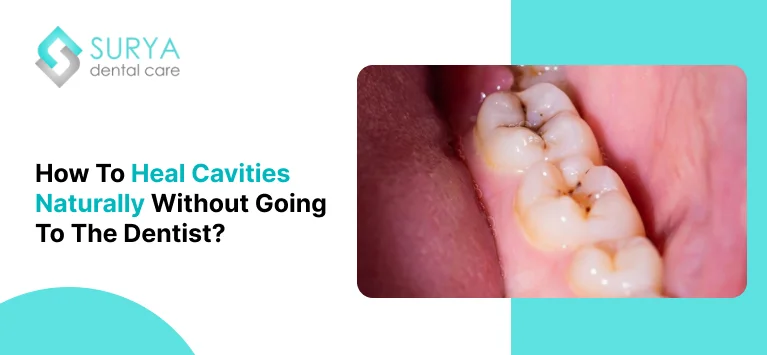

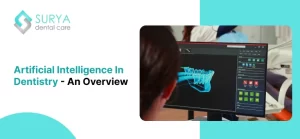
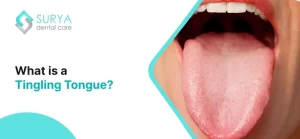
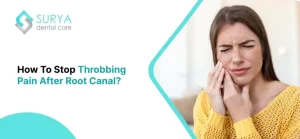
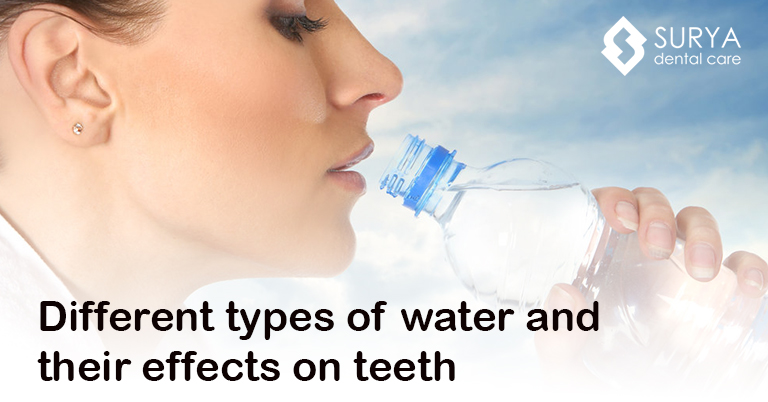

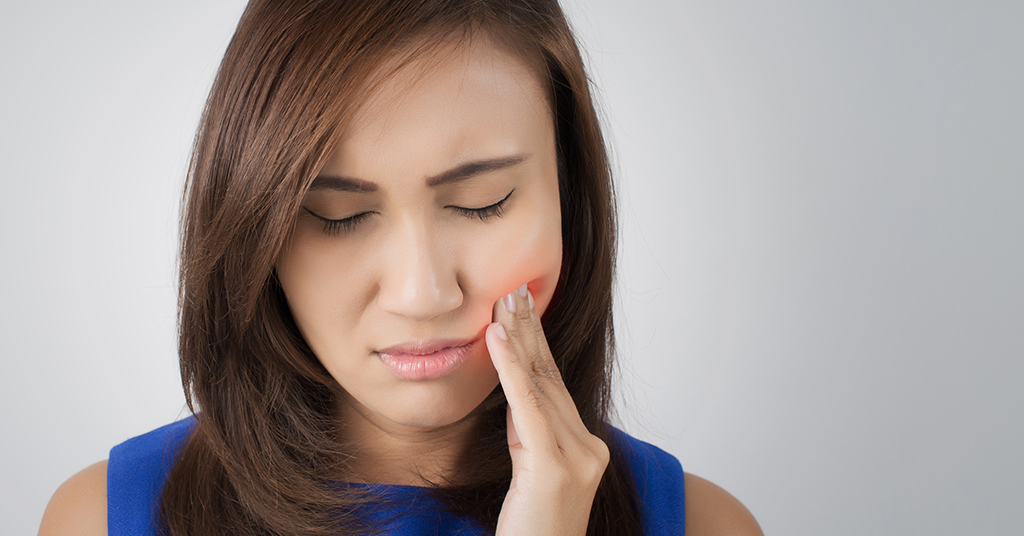
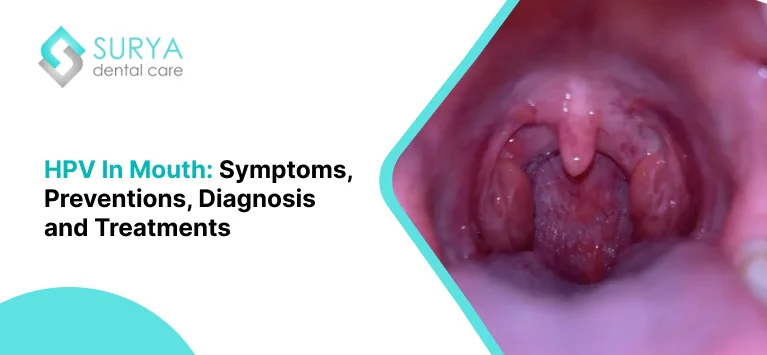
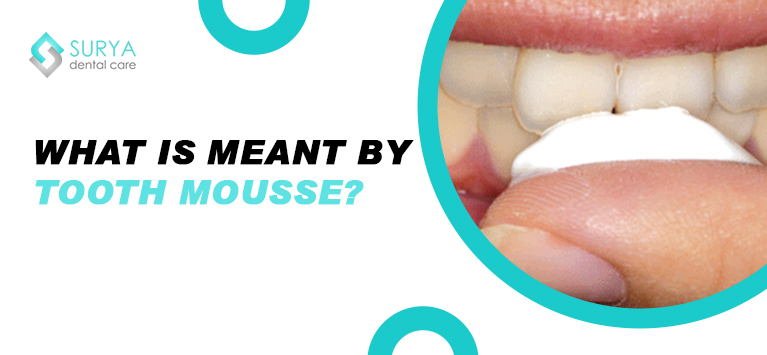

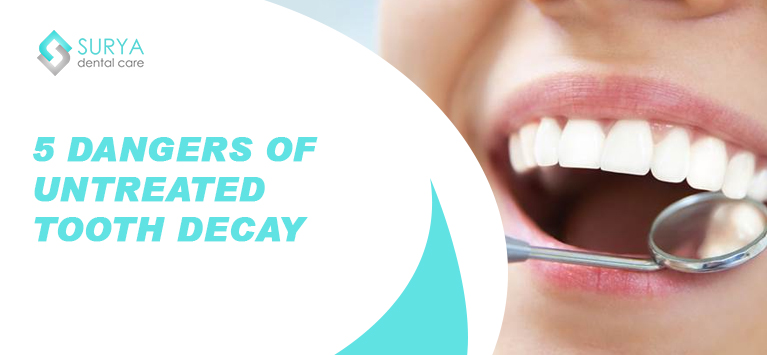
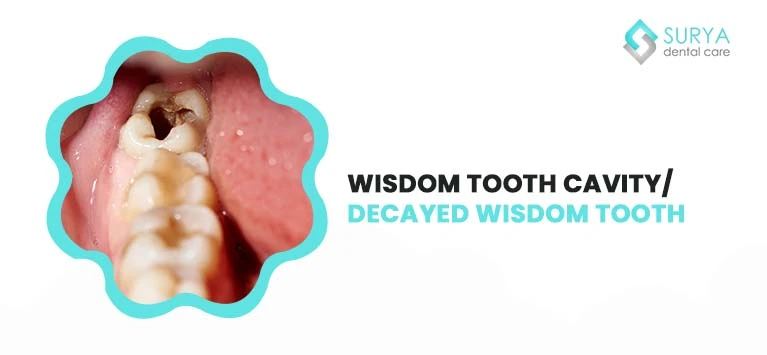
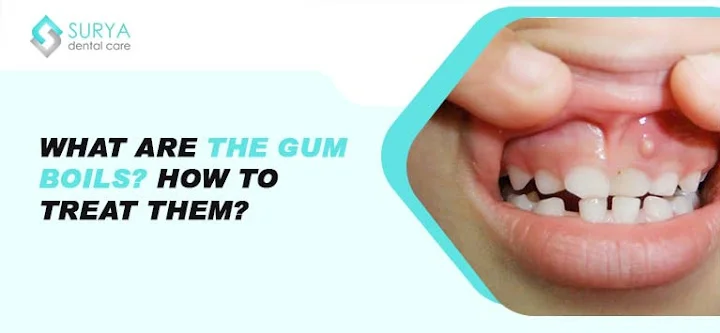
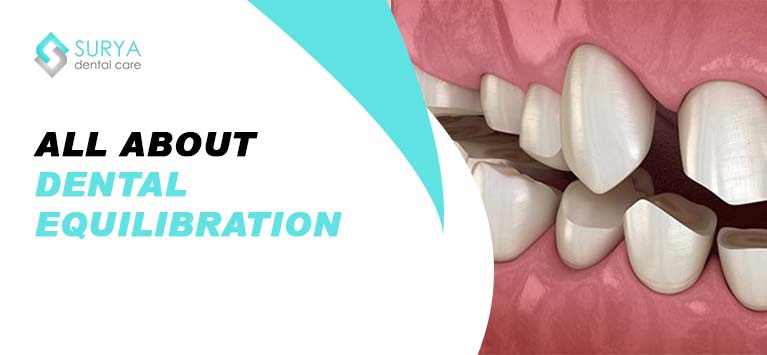
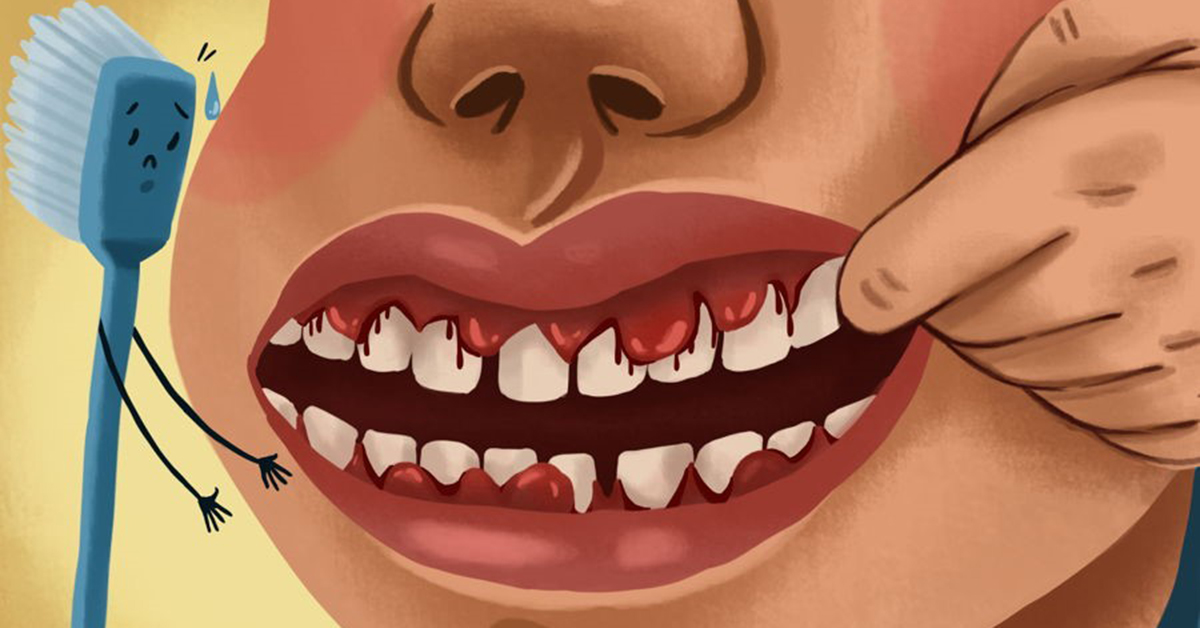
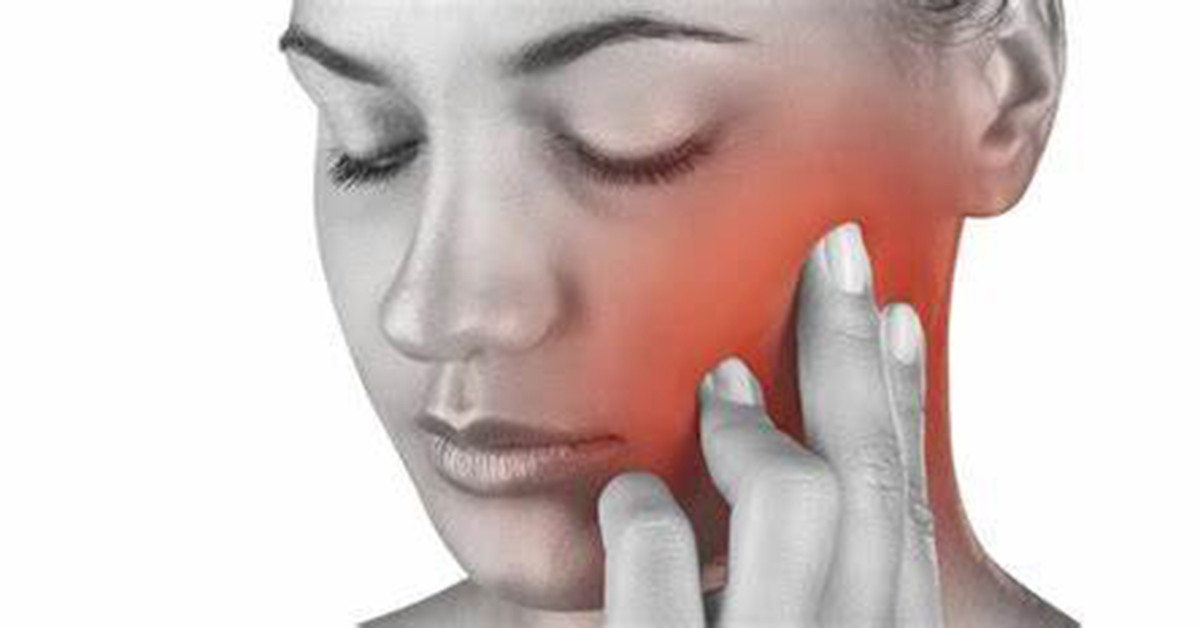
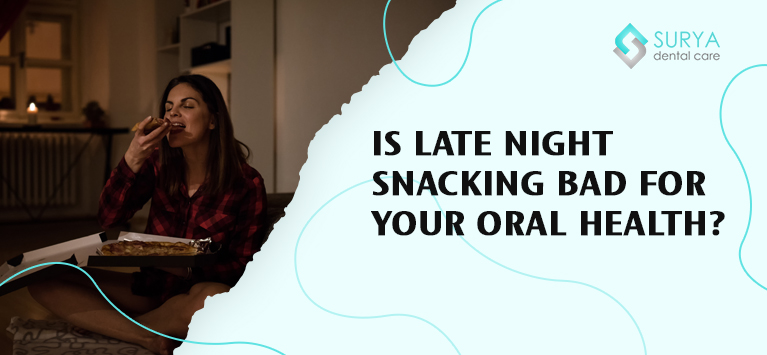


Leave a Comment